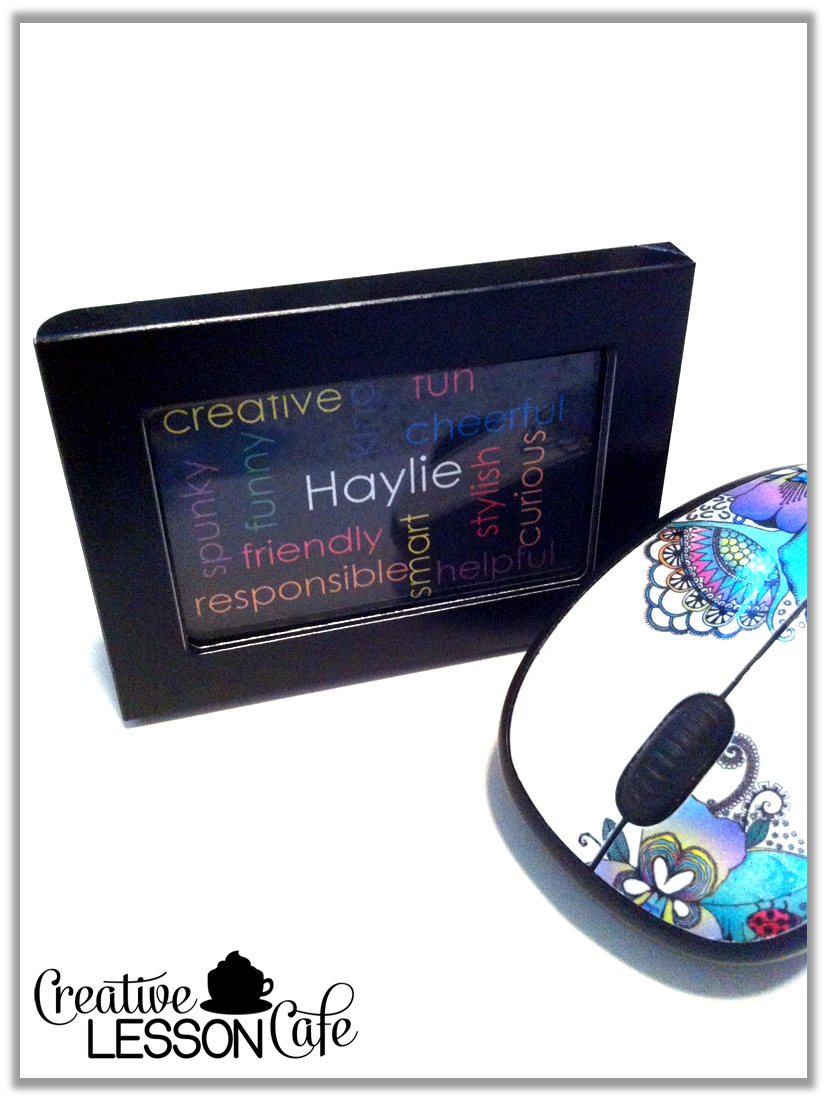I have made the choice to keep the TV off today. The terrible tragedy that occurred in Connecticut is just so disturbing and heartbreaking. The images I expect to see will stay with me for a lifetime as did 911, Columbine and the shooting in my brother’s town of Aurora. Most recently, a community is grieving over the Oxford High School shooting, which is less an hour drive from my home. All of us will likely be in the position of thinking about how to help our own children and students to understand and cope with unthinkable, violent acts in schools and other public places.
School violence knows no boundaries. Unfortunately, my suburban school is all too familiar with violence, trauma and grief. We lost two of our young students in a horrible violent crime several years ago. At the time that it occurred, crisis teams were called to assemble to give guidance to teachers about how to best address violence in the community with children.
Talking to students about violence during school hours:
Some parents made the choice to be very open and honest with their children about the horrifying, graphic events that happened as many do, assuming that the news will be out there circulating among children. neighbors and staff members anyway. Others wanted to shield their children from any discussion PERIOD, knowing the harm that this information can bring to their children’s sense of safety and security. Our staff was advised by a crisis team to limit the discussions during school to simply those that involved reassuring students about their safety while at school.
Search for helpful resources about school violence:
I received an email from Scholastic today with a link to a site that gives recommendations for talking with children about violence. Before having any such discussions, seek the guidance of your crisis team and administration.
I have found in my experience in dealing with several tragedies as well as in my training as a school counselor that the following guidelines will help you to address the issue in an honest and effective way.
Guidelines for talking about violence with your class:
- Simply state that students may have heard about the horrible tragedy that has occurred.
- Affirm that they may be experiencing many feelings including sadness and fear and that it is OK and natural to feel that way.
- Ask them to respect that some families have made the decision not to share the details of the tragedy with their children.
- Limit conversations where specifics of the event may be shared and ask that the students do not discuss with their peers outside of the classroom.
- Do encourage those that need to talk about it to do so privately with a trusted adult, you their teacher, a school counselor or social worker.
- Encourage students to have an open and honest discussion at home with their parents. Chances are, your building will send a letter home to parents.
- Reassure students with specific examples of your safety procedures and security measures at school.
- Keep the day as normal as possible. For most, school is their happy place 🙂
In the days following a senseless act of violence:
Anticipate that there will be many students who will personalize violent acts and begin to worry about their own safety and the safety of their loved ones. This may lead to an increase in school absenteeism, anxiety and separation anxiety.
For more information about this topic, there is a great article here http://www.aacap.org/
Praying for those affected directly or indirectly by school violence and tragedy, and for those entrusted with the safety of our precious children.





